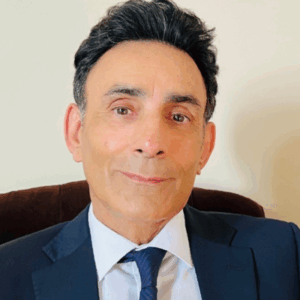

Struggling with anxiety, depression, or trauma? Louisville Addiction Center offers evidence-based, compassionate mental health services in Louisville, KY, uniting licensed psychiatric care with addiction expertise so you—or someone you love—can heal, grow, and regain control right here at home.

Recent public-health reports on mental health in Louisville, Kentucky, reveal that roughly one in five Kentucky adults experiences major depression or severe anxiety each year—rates higher than the national average.
Untreated symptoms ripple outward, reducing workplace productivity, straining family bonds, and increasing emergency room visits for stress-related medical issues.
Early, integrated intervention can change that trajectory. Evidence shows that timely therapy and, when appropriate, medication management cut symptom severity by half and lower the risk of substance use self-medication.
By addressing concerns before they escalate into crises, Louisville Addiction Center helps residents preserve careers, strengthen relationships, and protect long-term physical health, building a healthier community one individual at a time.
Chronic worry, racing heartbeat, shortness of breath, and avoidance of everyday situations signal an anxiety disorder.
Our clinicians combine Cognitive-Behavioral Therapy, exposure techniques, and mindfulness training to interrupt the fight-or-flight loop, while psychiatric providers prescribe SSRIs or non-addictive beta-blockers when indicated.
Because mental health Louisville KY data show high anxiety rates among college students and service-industry workers, we partner with local campuses and employers for referral discounts and after-hours groups, ensuring evidence-based help is both accessible and relevant.
Persistent sadness, loss of interest, sleep disturbance, and feelings of worthlessness may point to major depression. Louisville Addiction Center pairs CBT thought-reframing with individualized medication plans—SSRIs, SNRIs, or atypical agents—to restore neurochemical balance.
Clients receive a crisis card featuring the 988 Suicide & Crisis Lifeline and Jefferson County’s 24/7 mobile-response team. Regular mood-tracking worksheets guide weekly sessions, turning small victories into measurable momentum.
Manic phases in bipolar disorder—elevated mood, rapid speech, impulsive spending—alternate with depressive crashes. Mood stabilizers or atypical antipsychotics keep biochemistry steady, and Dialectical Behavior Therapy teaches distress tolerance and sleep-hygiene routines that prevent cycle triggers.
Family psychoeducation sessions outline early-warning signs so loved ones can support medication adherence and crisis-prevention plans.
Flashbacks, distressing nightmares, and a constant sense of hyper-vigilance are hallmark symptoms of PTSD that can leave people feeling trapped in survival mode. Effective care focuses on gently processing these memories while helping the nervous system relearn safety.
At Louisville Addiction Center, trauma-trained clinicians draw on evidence-based modalities such as Eye Movement Desensitization and Reprocessing (EMDR) and Brainspotting, both of which use guided eye movements or fixed-gaze “brain spots” to reduce the emotional charge of traumatic memories.
Complementary practices—like yoga and mindfulness meditation—round out treatment, giving clients practical tools to calm racing thoughts and reconnect with their bodies between therapy sessions.
Together, these approaches create a structured path from raw survival to sustainable resilience, allowing individuals to regain control over their mood, regain concentration, and rebuild a sense of security in everyday life.
Obsessive thoughts and repetitive rituals can consume hours each day
Exposure-and-Response Prevention breaks the anxiety-compulsion link, while brainspotting uncovers underlying stress memories.
Holistic add-ons—guided meditation, nutrition coaching, and gentle cardio—help clients lower baseline cortisol, enhancing treatment gains.
We also treat grief-related adjustment disorders, ADHD, and mild psychotic features, tailoring care to each individual’s diagnostic profile.

At the heart of Louisville mental health services is a blended model that respects both hard science and whole-person healing. Every treatment plan starts with a clinical assessment, then layers proven talk therapies, trauma-processing techniques, and wellness activities that strengthen body and mind together.
Whether you need short-term skills for panic attacks or a long-term mood-stabilization strategy, our team selects interventions that align with your goals, culture, and schedule. It adjusts them as you progress to ensure care remains relevant, engaging, and effective.

Together, these modalities give clients a toolkit for rewiring unhelpful patterns, processing distress safely, and building resilience against future stressors.

Clinical insight works best when supported by healthy routines, so every client can opt into yoga flows that calm the nervous system, mindfulness meditation that sharpens present-moment awareness, and nutrition consultations that stabilize mood through blood-sugar balance.
Outdoor recreation and individualized exercise programs boost endorphins and self-confidence, while art or music sessions offer creative outlets for emotion. These wellness layers transform therapy homework into daily habits, turning recovery skills into lifelong self-care practices.

When symptoms require pharmacological support, board-certified psychiatrists conduct a full evaluation, considering medical history, current labs, and lifestyle factors before prescribing.
Follow-up appointments track symptom scores, side effects, and medication blood levels, allowing fine-tuning for maximum benefit with minimal risk.
Clients learn how to integrate medications with therapy skills—understanding what each pill does, how to take it safely, and how to collaborate with prescribers to adjust doses as life circumstances change.



Many individuals battling depression, anxiety, or PTSD also rely on alcohol, opioids, or stimulants to self-medicate distress, creating a cycle that worsens both conditions. Our dual diagnosis rehab model attacks this overlap head-on.
Physicians begin Medication-Assisted Treatment (MAT) with buprenorphine or naltrexone when clinically appropriate to curb cravings and stabilize brain chemistry. Simultaneously, therapists deliver CBT, DBT, EMDR, and relapse-prevention groups that target the psychological roots of substance use and mental-health flare-ups.
Because medication and therapy reinforce each other—MAT quiets physical urges so clients can focus in sessions, while coping skills reduce triggers that threaten sobriety—integrated care consistently produces higher retention and lower relapse rates than treating addiction and mental illness in separate silos.
Your journey starts with a brief, confidential phone intake during which an admissions coordinator gathers basic history and verifies insurance benefits on the spot. Next comes a bio-psycho-social assessment—completed in person or via secure video—covering medical background, mental health symptoms, substance use, and personal goals.
Within 24 hours, our multidisciplinary team reviews the data, and you receive a written, individualized plan that recommends the appropriate level of care (PHP, IOP, or OP), therapy mix, and medication strategy.
You’ll also get a welcome packet outlining what to bring, a weekly schedule template, and contact details for your dedicated case manager so you feel prepared and supported before the first therapeutic session even begins.

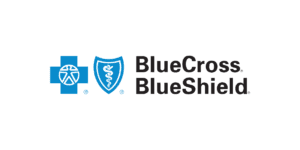
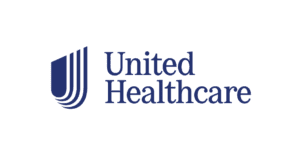

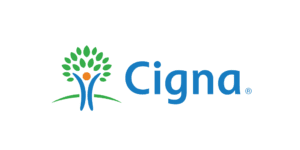


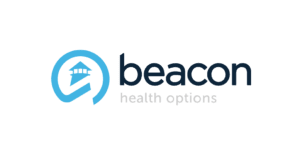

Louisville Addiction Center offers a Virtual Outpatient option, letting clients attend therapy and other services remotely.
For those who need in-person flexibility, the center’s Intensive Outpatient Program meets on weekday evenings and Saturdays, so work or school doesn’t have to get in the way. Evidence-based modalities—including Dialectical Behavior Therapy (DBT) and Cognitive Behavioral Therapy (CBT)—remain part of the curriculum across all delivery formats.

You’ll connect with a compassionate admissions coordinator who understands what you’re going through.

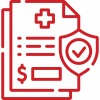

Get Family Support Now
We understand addiction affects the whole family. Our comprehensive family program helps rebuild trust and restore relationships.
Weekly Family Therapy Sessions
Educational Workshops
Support Groups
Communication Skills Training
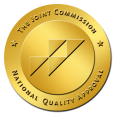


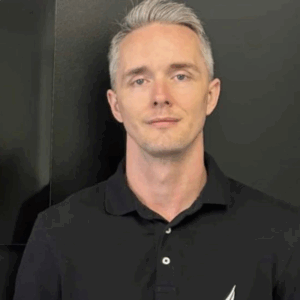


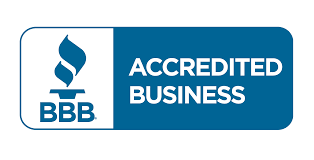














Set yourself free from the struggles of addiction and co-occurring mental health disorders. Reach out to our treatment team in Lexington, Kentucky today.
Hear directly from those who have walked the path to recovery. Our patients’ stories highlight the compassionate care, effective programs, and life-changing support they’ve experienced. Let their journeys inspire you as you take your first steps toward healing.
Louisville Addiction Center is helping people in Kentucky overcome addiction and mental health challenges.

















